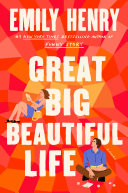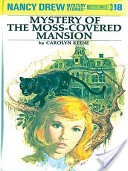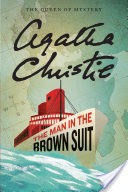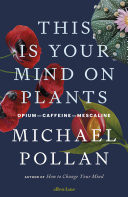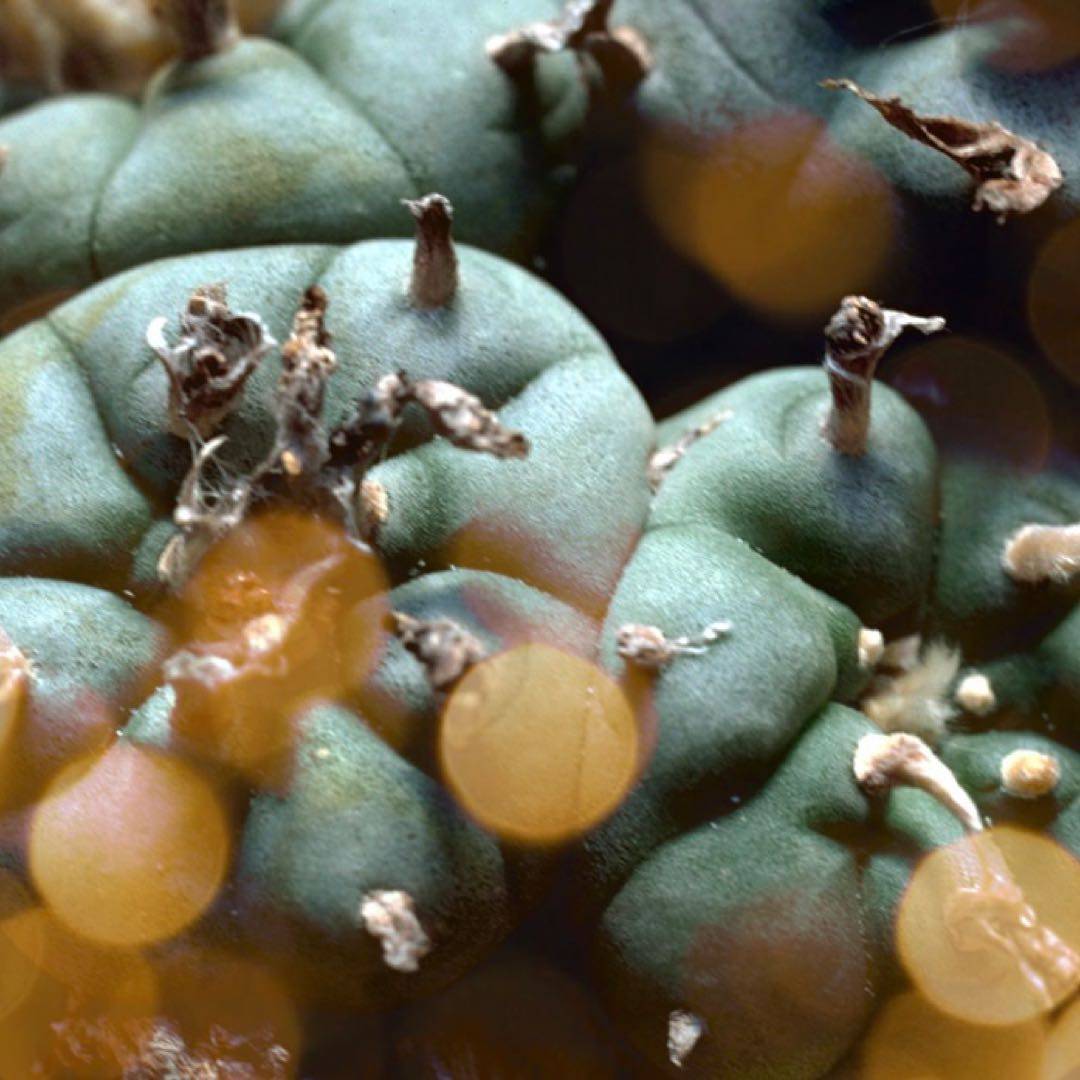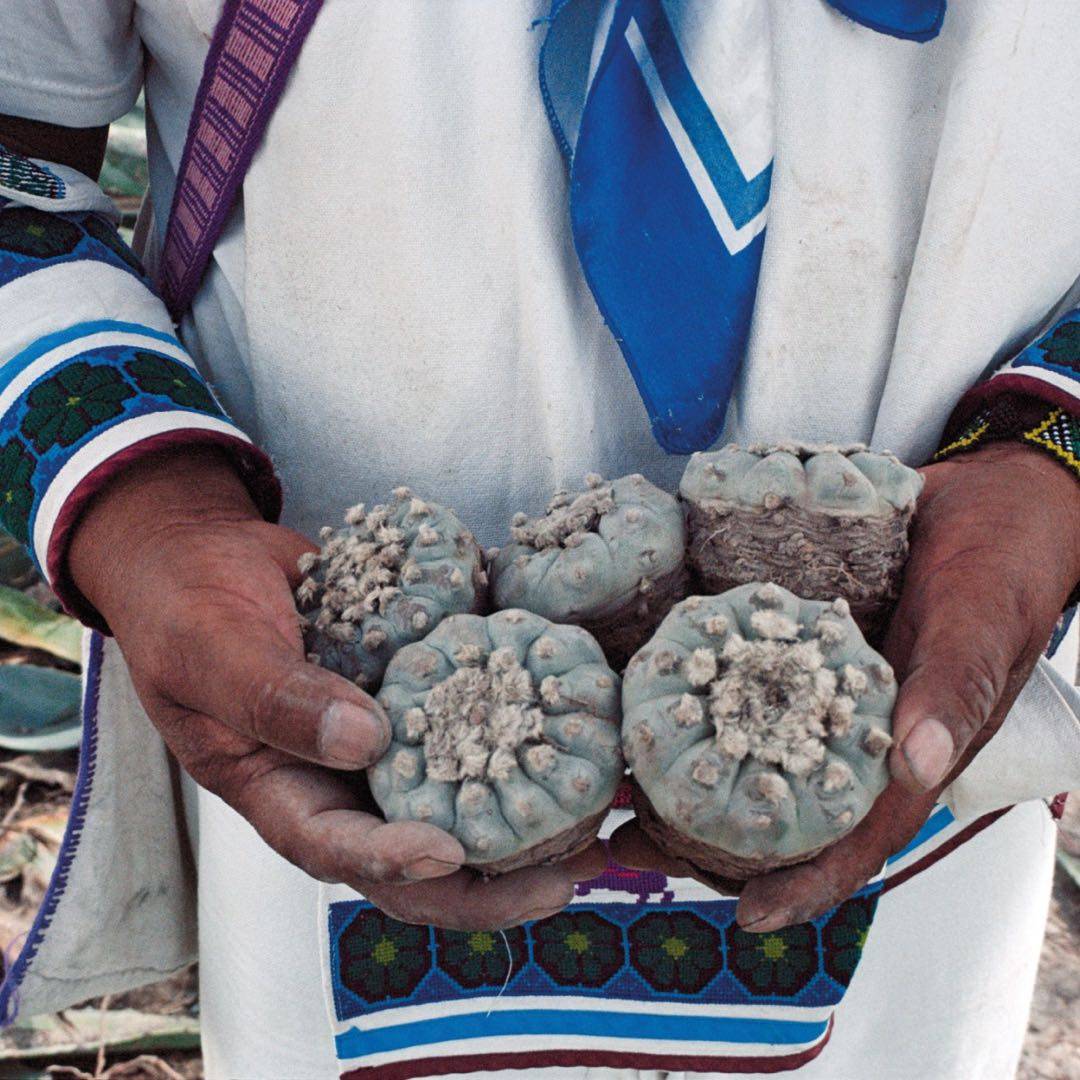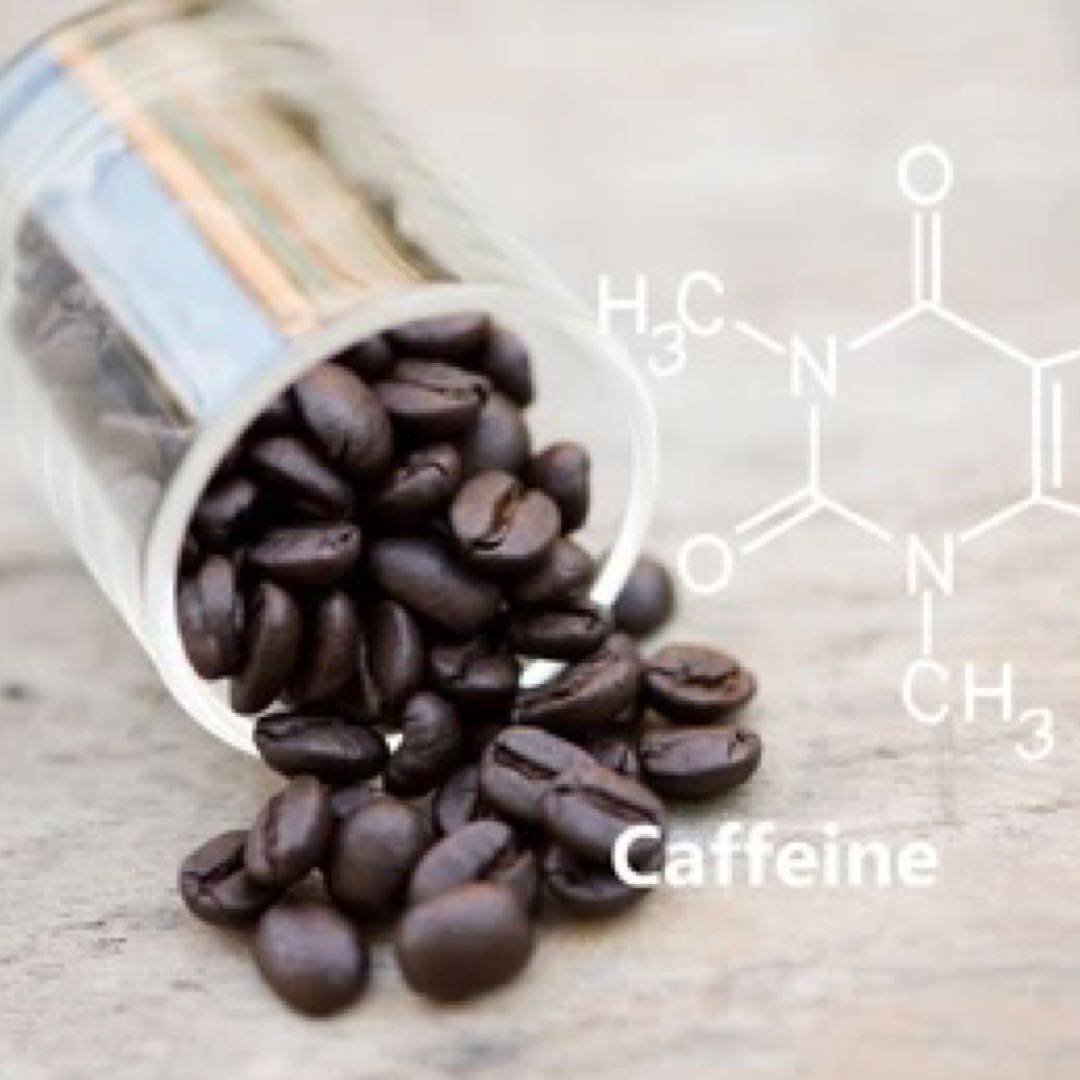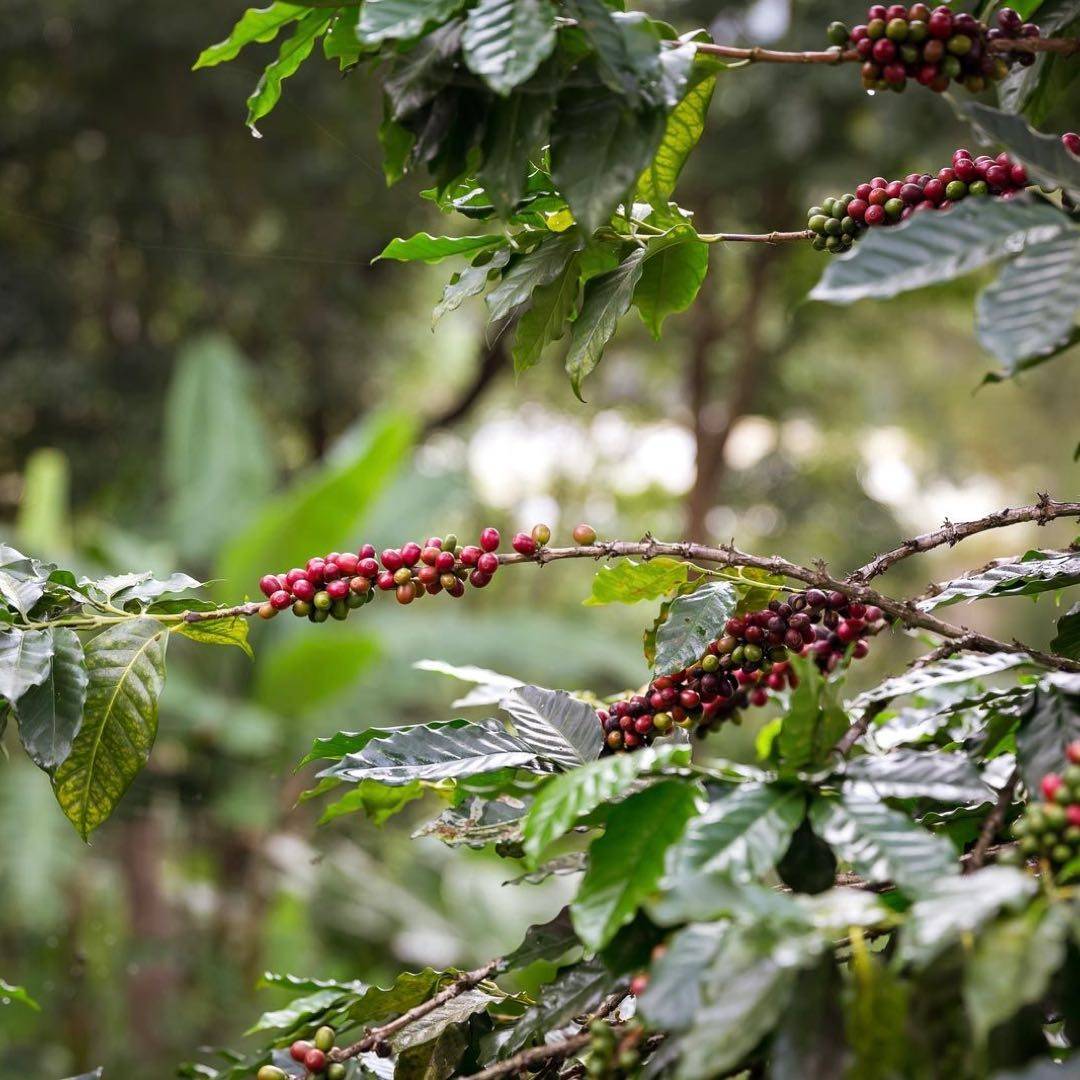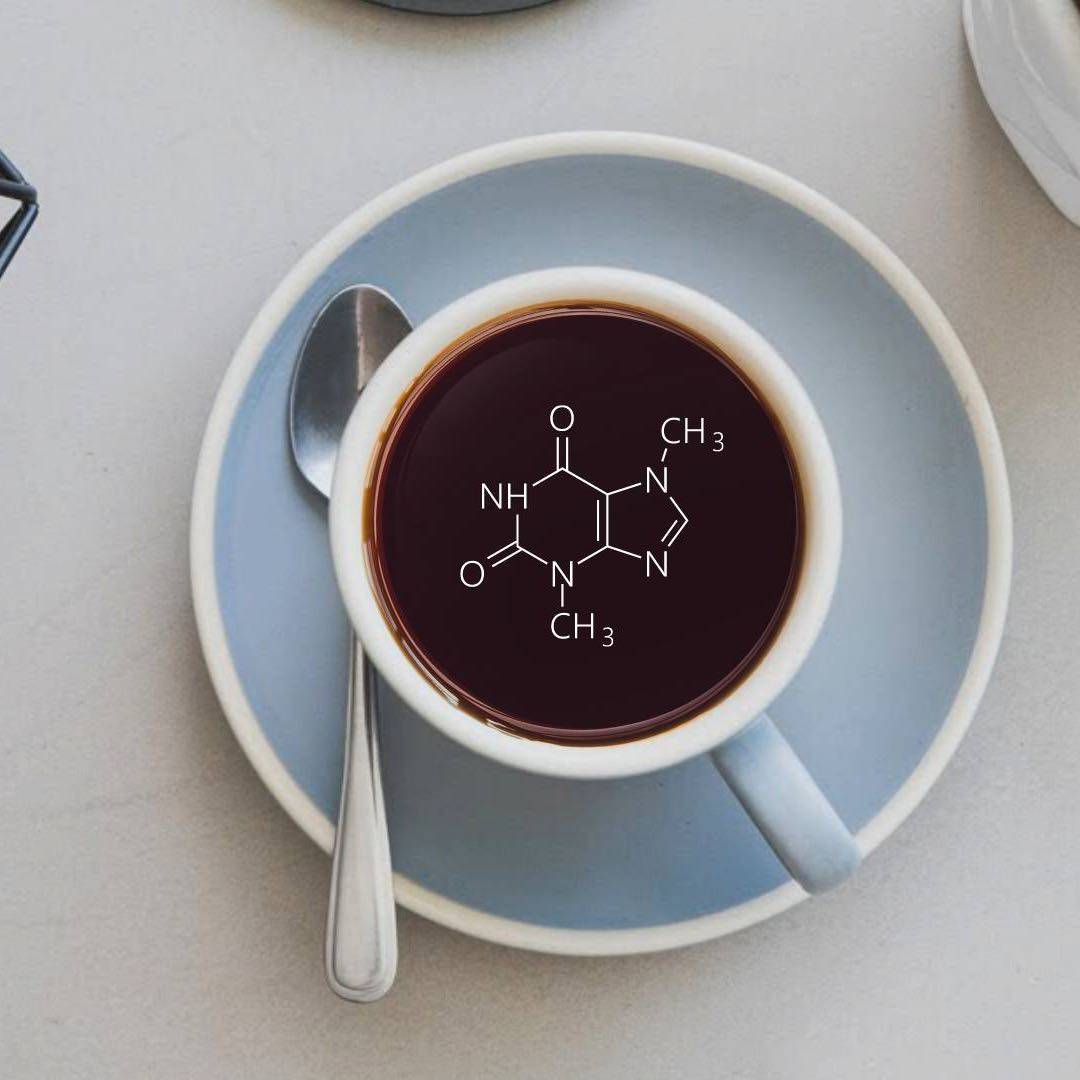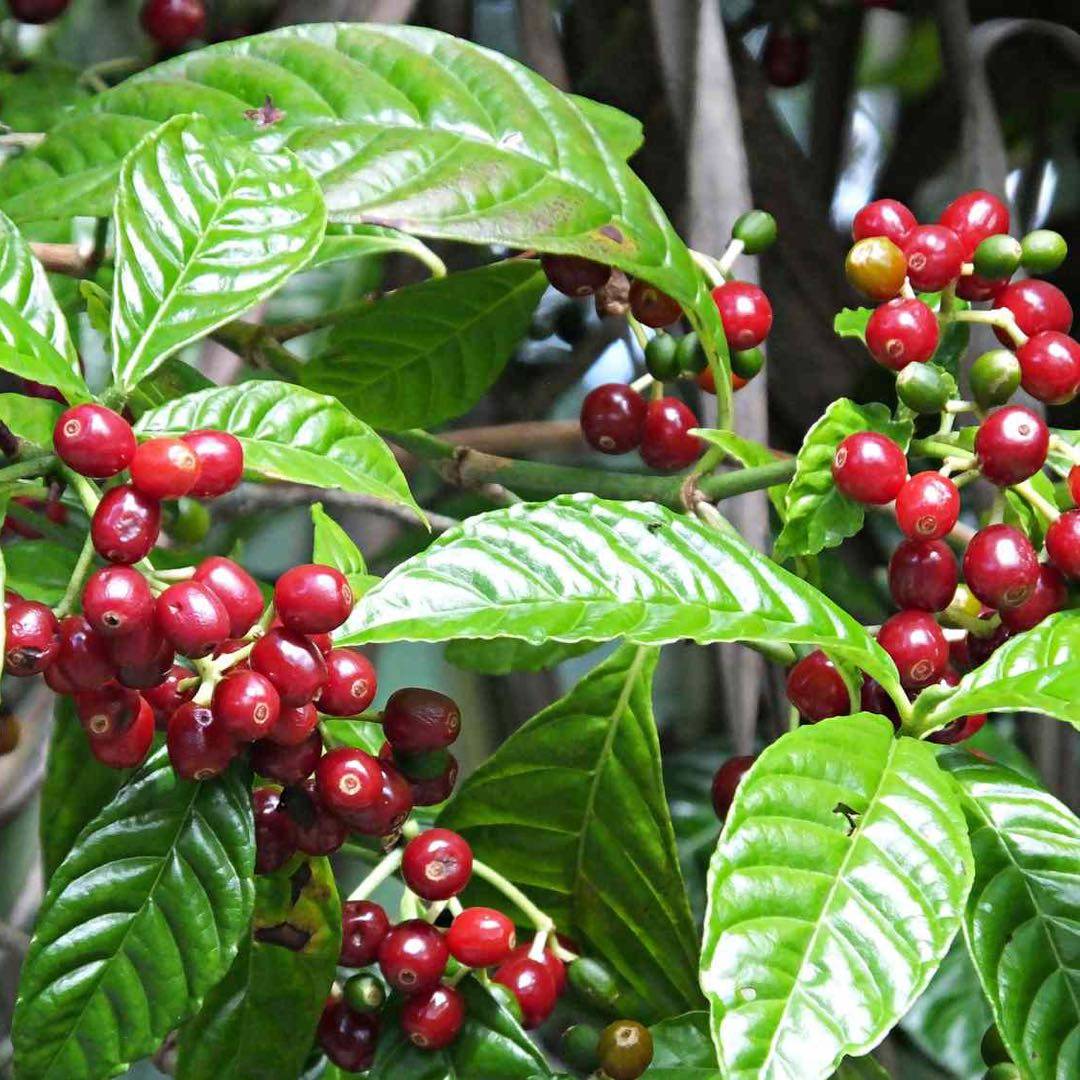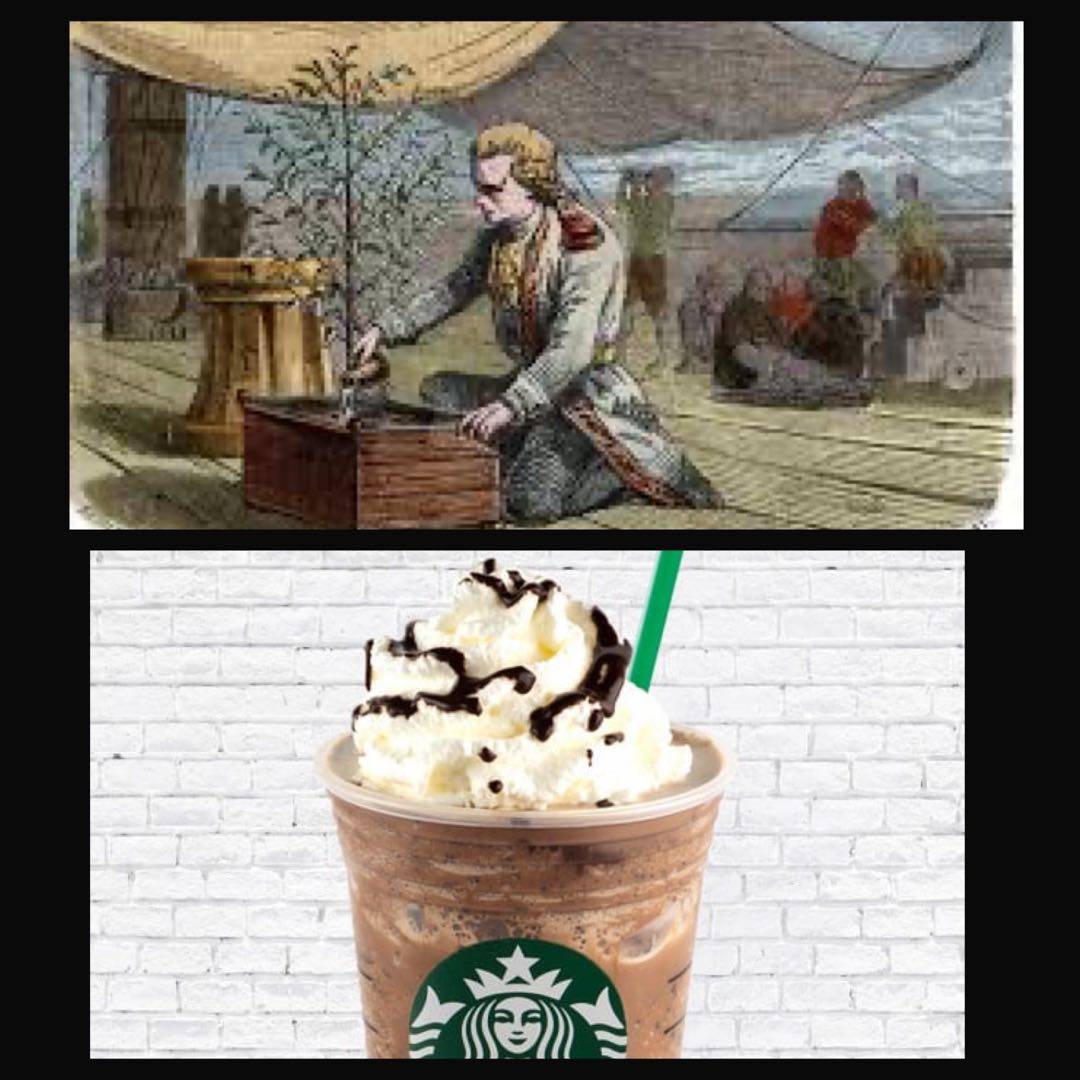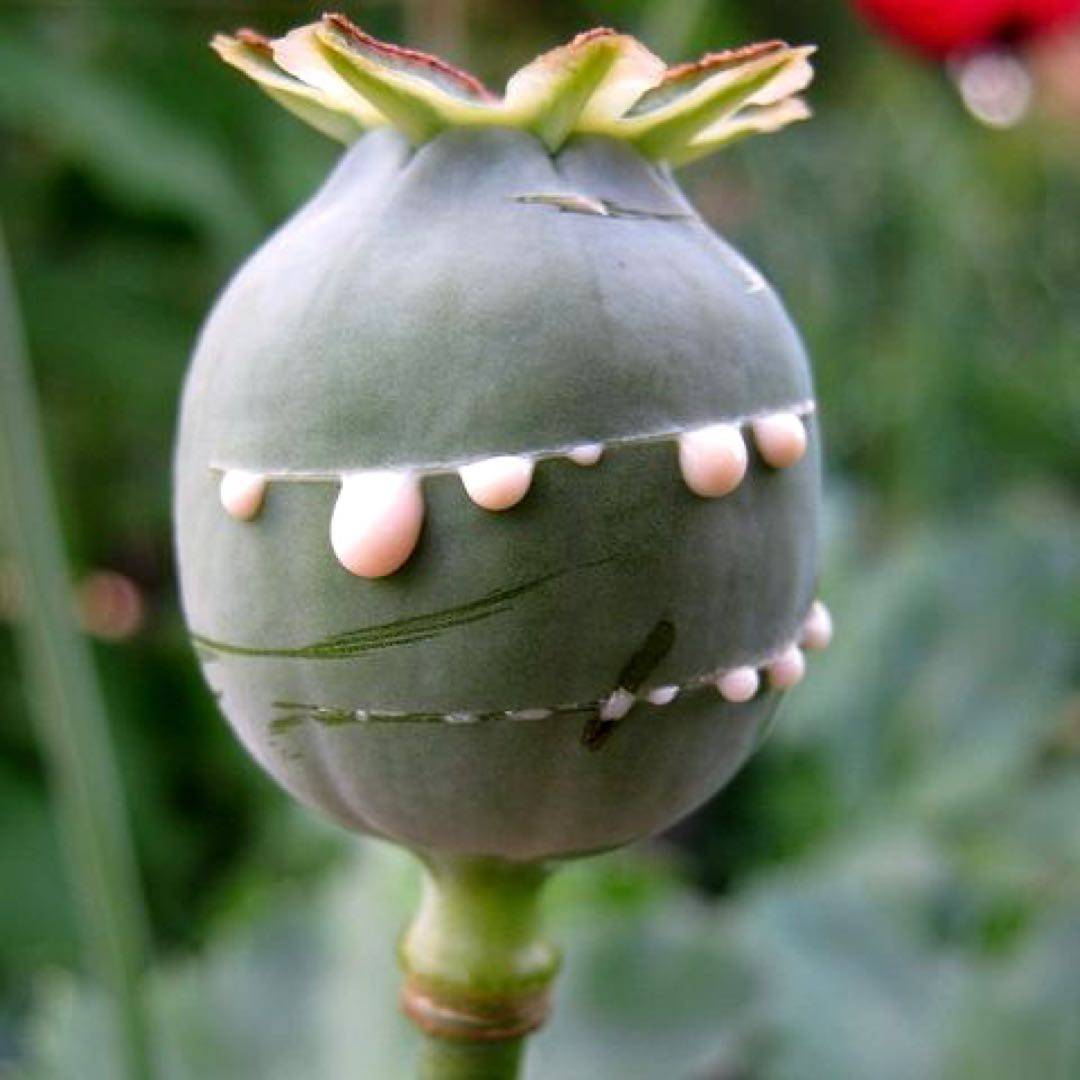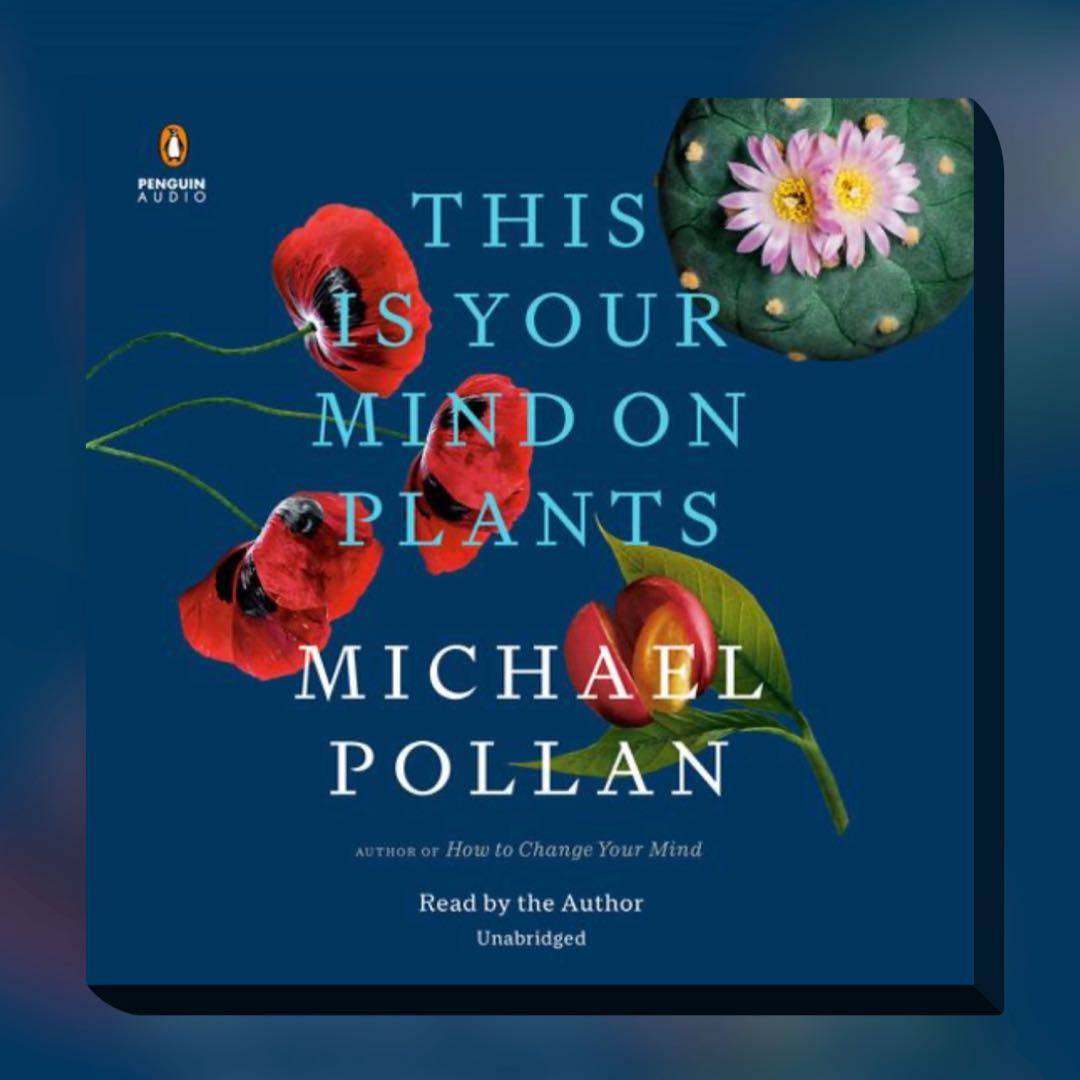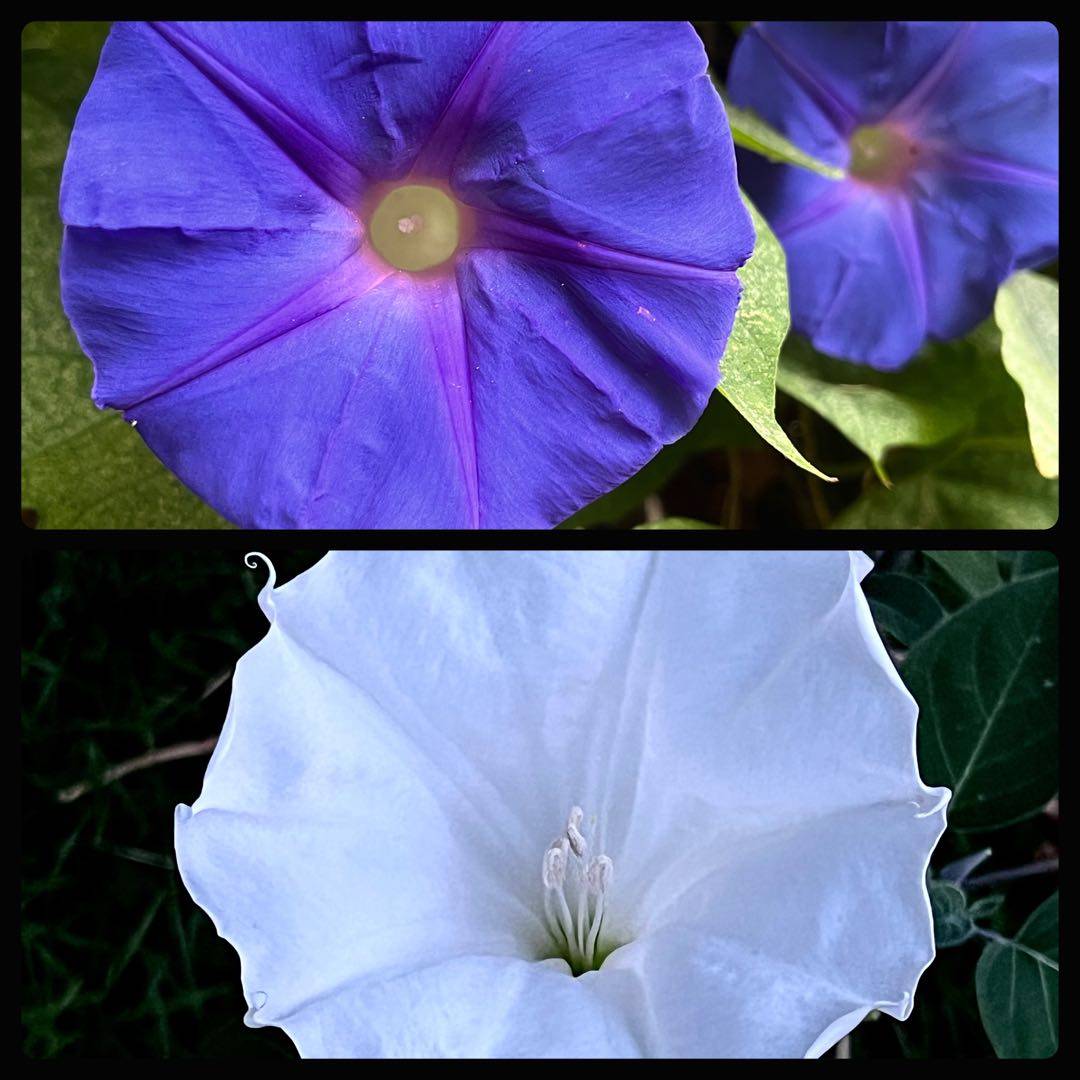
I‘m a plant nerd, especially for poisons. This book was very interesting. The author shares his experiences with all three plants: opium poppy, coffee, and mescaline. I found his year of growing opium poppies to be quite interesting. He raises good points about the legislation of growing things. He points out the cleverness of the coffee plant, how we are owned by it, now. With mescaline, he speaks on the injustices from the US government ⬇️







